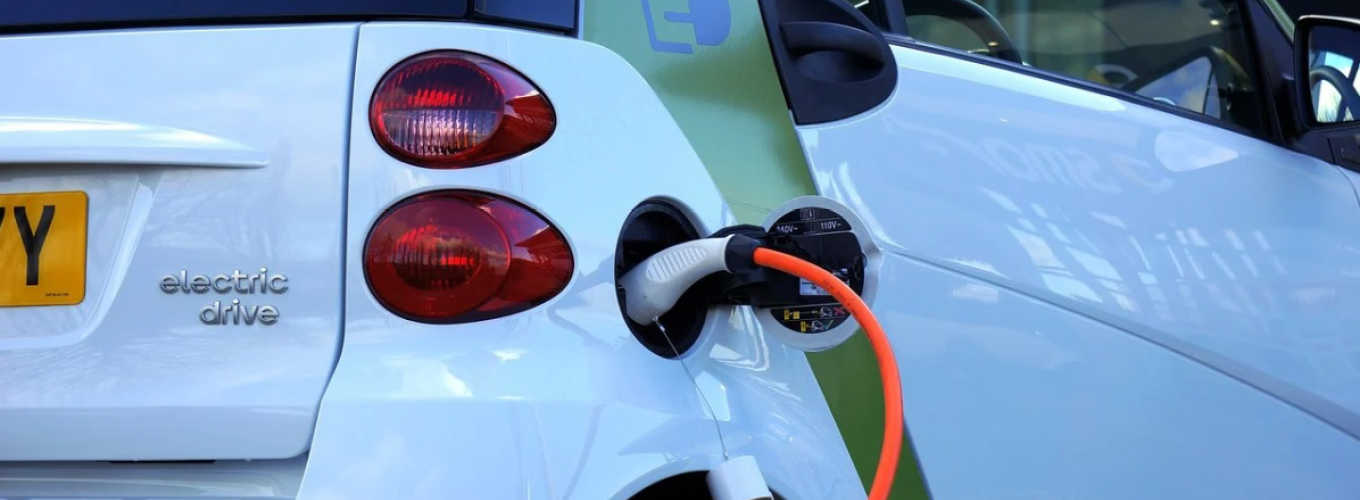What comes to mind when you read the term ‘cleaner technologies?’
Do you think of the end product or service, and how it has been engineered to have little negative effect on the environment?
There may be improvements to energy efficiency, the impact on the ecosystem, or the sustainable use of the resources used.
‘Clean technologies’ are very important as they provide relief to natural resources, for example, wind turbines generate electricity through wind power.
But what if these technologies are made in a way that actually harms the environment?
Surely, if the demand for hybrid electric vehicles, wind turbines, and hydropower is increasing, it also demands a ‘green’ value chain.
Heavy rare earth elements such as Dy (dysprosium) and Nd (neodymium) are vital for these applications, and some might say they determine the future of green technologies. Most of them depend on permanent sintered NdFeB magnets (which we make the alloy for at LCM).
According to figures reported in the South China Morning Post newspaper, it was stated that ‘China provides more than 85 percent of the world’s rare earths and it is home to about two-thirds of the global supply of rare metals’.
China has been known for poor standards when it comes to environmental impacts. Previously there has been a legacy of floods, illegal operations, and heavy pollution such as the Baotou toxic lake, located in Inner Mongolia and filled with black sludge and dangerous chemicals, all as a result of processing for rare earth.
There is evidence that standards are improving, and companies are introducing stricter regulations including the implementation of emissions control, wastewater treatment, and water quality monitoring.
You may have heard the term ‘greenwashing’, this has become a common phrase as companies try to battle supply chain issues. This is when a company gives misleading information about their products and where they have come from.
For example, you may buy a bottle of water that states it is made from recycled plastic when in actual fact it is not. The consumer may not even know it, but they would be actively supporting an unsustainable company just to drive their sales, it is becoming a serious problem.
In the mining and metals industry, it can be challenging to follow the supply chain from the mine to the magnet, and that is why we have taken a new team member on board to ensure we are sourcing from a sustainable value chain.
Ruth Miller, Quality and Environmental Compliance Officer helps LCM to maintain the international accreditations, ISO9001 and ISO14001. Although the job is far from typical, there are a few duties that are carried out by Ruth on a regular basis including:
- Monitoring wastewater and air emissions to ensure they meet environmental standards as LCM has an environmental permit for several of the processes
- Documentation of all raw materials to confirm to customers they are sourced responsibly
- Management of hazardous chemicals and raw materials e.g. safety data sheets, risk assessments, inventory of all raw materials and hazardous chemicals on site
- Review new projects/processes for their potential environmental impacts and legal compliance requirements
Ruth adds: “LCM’s products are a critical part of the European supply chain for hi-tech magnets which power green technologies e.g. wind turbines and electric vehicles.
“It competes with cheap supplies from abroad where environmental and ethical standards can be a lot lower, and so it is important for LCM to maintain its market position by supplying alloys produced to the highest environmental and quality standards. Therefore, it is so important not just to maintain good environmental management on site but also to ensure that our raw materials are sourced responsibly.”
You can view LCM’s ethical purchasing statement and more information on our values here.

